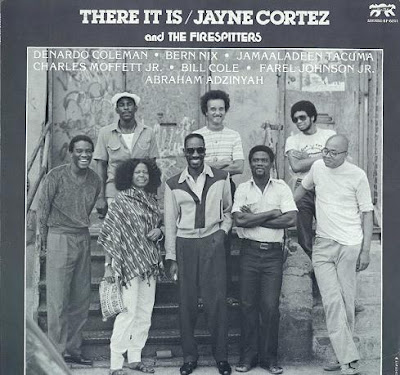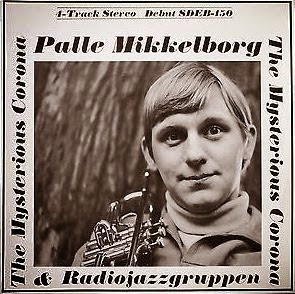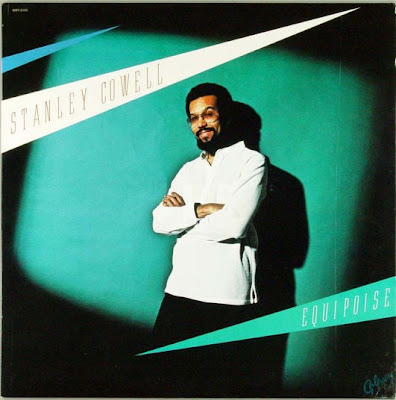JAYNE CORTEZ AND THE FIRESPITTERS THERE IT IS

Over the past few years I've had so many requests for a repost of this cracker I thought I had better do the honours one more time..... so here it is.
Jayne Cortez and the Firespitters for Bola Press from 1982.
Jayne Cortez (voice) and The Firespitters - Abraham Adzinyah(conga), Bill Cole(shenai, flute, muzette, korean sona), Denardo Coleman(drums), Farel Johnson Jr.(bongo, bell, conga), Charles Moffett Jr.(tenor saxophone), Bern Nix(guitar), Jamaaladeen Tacuma(electric bass).
A pretty unique fusion of poetry,jazz and blues best known for the fantastic eulogy to the mighty Chano Pozo "I See Chano Pozo" a percussion heavy,rumbling bass driven chanting monster of a track with Cortez in full effect with her spoken word tribute to the conga king.
"I have read my poetry with some really great musicians," Jayne Cortez recently allowed. "I think, though, that my poetry swings with or without music." There’s much evidence to support this claim. For at least the past 30 years, Cortez has been an avatar of rhythmic agility in verse. Like her contemporary Amiri Baraka, she absorbed not only the techniques of an American poetic avant-garde but also the language(s) of the blues. The resulting poems translate the pulsation of the city into potent phraseology; they rumble, they smolder, they swing. All of which makes sense, given the poet’s singular history. Born in Arizona and raised in California, Cortez graduated from an arts high school, where she forged an identity as a writer and cellist. In 1954, at the age of 18, she married the iconoclastic saxophonist Ornette Coleman; two years later, they had a child. During the ’60s, Cortez struck out on her own — working for civil rights in Mississippi, organizing writing workshops in Watts, touring both Europe and Africa and finally emigrating to New York. She published her first book of poems in 1969. Cortez was for some time deeply invested in the ideology of the Black Arts Movement, and her work still conveys both political urgency and poetical rage. It also frequently address issues of feminism — or, perhaps more accurately, the complex matrices of womanhood.
Ripped from the original vinyl @320-no reissues


